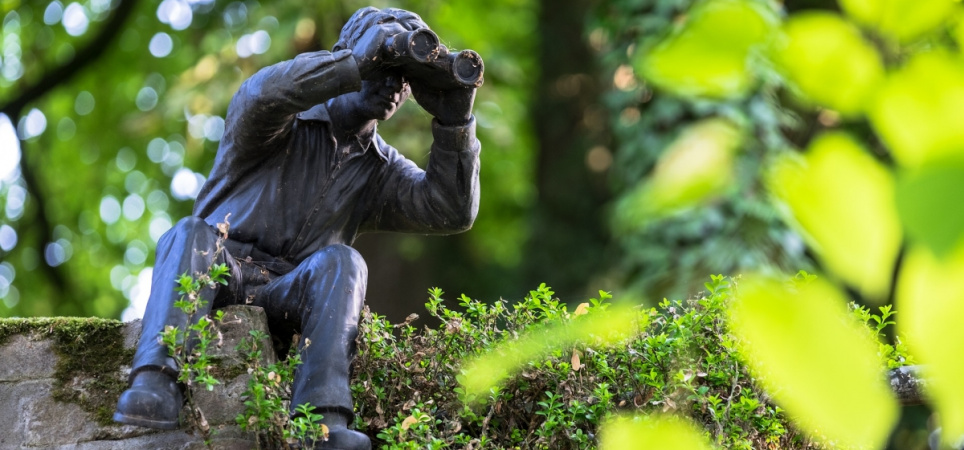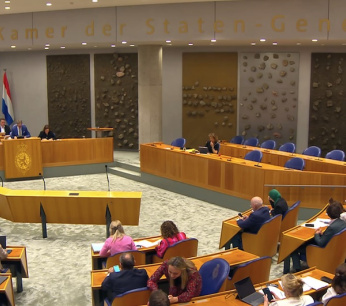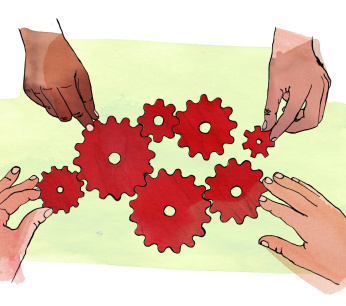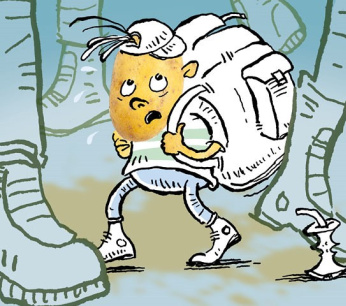Journalists were able to secretly observe students during exams
Watching students doing exams online – despite having no authority to do so. This was possible last week at the Hanze University of Applied Sciences in Groningen, journalists from the city’s Sikkom blog revealed. Many examinations were postponed in the wake of the data leak.

Beeld: Pixabay
Using a link sent to them, journalists were able to easily spy (article in Dutch) on students in their living rooms while they were doing exams. The names and student numbers of the students were also visible. These telephone images were intended for online invigilators, but the journalists were not required to identify themselves and did not need any passwords or access codes.
The university of applied sciences has offered its “sincere apologies” for these online surveillance problems, per a message posted on its website on Sunday. Some examinations are not going ahead this week. Some thirty percent of exams have been postponed, a spokesperson stated in response to enquiries.
Go ahead
The rest of the exams could go ahead – for example, because these are open book exams, which do not require invigilation, or because they are not being taken remotely, in spite of the lockdown.
“Of course, we are noticing that students are more stressed anyway in this period dominated by the coronavirus”, the spokesperson stated. “In addition, we are asking them to do something we would never otherwise ask: to film themselves during an exam. It is extremely troubling when this goes wrong. We are really doing everything in our power to resolve these issues.”
Online surveillance (also known as online proctoring) is a controversial tool (in Dutch), particularly because of the risks to students’ privacy. At the same time, the risk of fraud is greater with online examinations.


